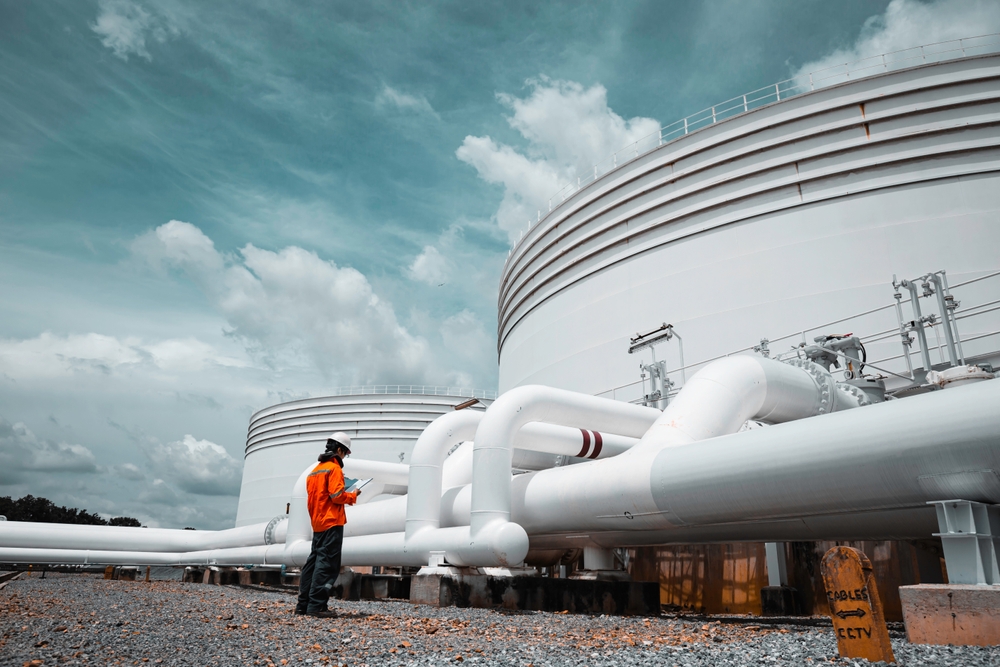
.jpg)
This course incorporates the modern technologies in formation evaluation in carbonate reservoirs, with the focus on the petrophysical analyses, reservoir surveys and fluid analysis. It includes the problems in evaluating the porosity, permability and saturation of carbonate rocks for exploration and development improvement.
| City | Start Date | End Date | Fees | Register | Enquire | Download |
|---|---|---|---|---|---|---|
| Amsterdam | 30-06-2025 | 04-07-2025 | 6200 $ | Register | Enquire | |
| Paris | 07-07-2025 | 11-07-2025 | 6200 $ | Register | Enquire | |
| Amsterdam | 14-07-2025 | 18-07-2025 | 6200 $ | Register | Enquire | |
| Casablanca | 21-07-2025 | 25-07-2025 | 4950 $ | Register | Enquire | |
| Vienna | 28-07-2025 | 01-08-2025 | 6200 $ | Register | Enquire | |
| Prague | 04-08-2025 | 08-08-2025 | 6200 $ | Register | Enquire | |
| Dubai | 11-08-2025 | 15-08-2025 | 4300 $ | Register | Enquire | |
| London | 18-08-2025 | 22-08-2025 | 6200 $ | Register | Enquire | |
| Singapore | 25-08-2025 | 29-08-2025 | 5500 $ | Register | Enquire | |
| Madrid | 01-09-2025 | 05-09-2025 | 6200 $ | Register | Enquire | |
| Dubai | 08-09-2025 | 12-09-2025 | 4300 $ | Register | Enquire | |
| Cairo | 15-09-2025 | 19-09-2025 | 3950 $ | Register | Enquire | |
| Paris | 22-09-2025 | 26-09-2025 | 6200 $ | Register | Enquire | |
| Sharm El Sheikh | 29-09-2025 | 03-10-2025 | 3950 $ | Register | Enquire | |
| Dubai | 06-10-2025 | 10-10-2025 | 4300 $ | Register | Enquire | |
| Prague | 13-10-2025 | 17-10-2025 | 6200 $ | Register | Enquire | |
| Rome | 20-10-2025 | 24-10-2025 | 6200 $ | Register | Enquire | |
| Paris | 27-10-2025 | 31-10-2025 | 6200 $ | Register | Enquire | |
| Dubai | 03-11-2025 | 07-11-2025 | 4300 $ | Register | Enquire | |
| Paris | 10-11-2025 | 14-11-2025 | 6200 $ | Register | Enquire | |
| Jakarta | 17-11-2025 | 21-11-2025 | 4950 $ | Register | Enquire | |
| Paris | 01-12-2025 | 05-12-2025 | 6200 $ | Register | Enquire | |
| London | 08-12-2025 | 12-12-2025 | 6200 $ | Register | Enquire | |
| Madrid | 15-12-2025 | 19-12-2025 | 6200 $ | Register | Enquire | |
| Kuala Lumpur | 22-12-2025 | 26-12-2025 | 4950 $ | Register | Enquire | |
| Bali | 29-12-2025 | 02-01-2026 | 4950 $ | Register | Enquire |
For successful exploration and production in the oil and gas industry, mastering advanced formation evaluation and interpretation of carbonates is critical. This course focuses on pore geometry and the determination of various aspects that control carbonate rocks. Among the parameters studied are the Archie variable m, the saturation exponent n, and the influence of microporosity.
Designed to enhance judgment in the evaluation of complex carbonate reservoirs, this intermediate course also investigates dolomitization mechanisms, aiding participants in understanding carbonate geology. The program emphasizes formation evaluation methods specifically tailored for carbonates using specialized logging instruments.
Participants will learn about imaging techniques such as Nuclear Magnetic Resonance (NMR) imaging, acoustic studies, and the use of imaging tools crucial for analyzing vascular and fractured networks within carbonate rocks. Other pertinent topics covered in the course include capillary pressure measurement, J-Function applicability, and petro-rock classification.
Participants in this advanced formation evaluation and interpretation in carbonates course will:
Unit 1: Geology of Carbonates and Dolomitization
Unit 2: Applications for Formation and Logging
Unit 3: Dual Porosity, Vugs, and Wettability
Unit 4: Permeability Estimates and Flow Units
Unit 5: Capillary Pressure and Rock Types
.jpg)
.jpg)
.jpg)

.jpg)














